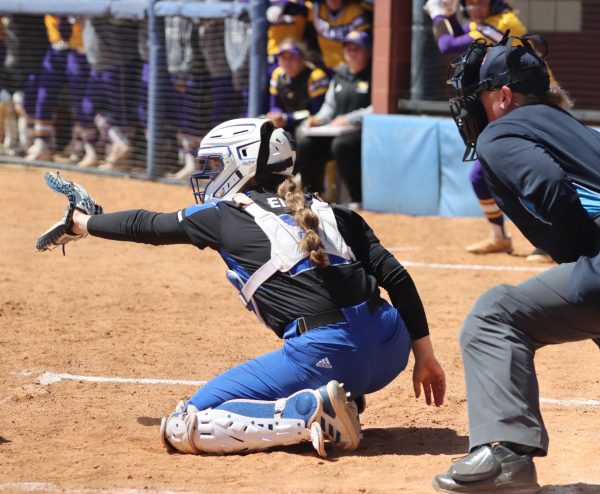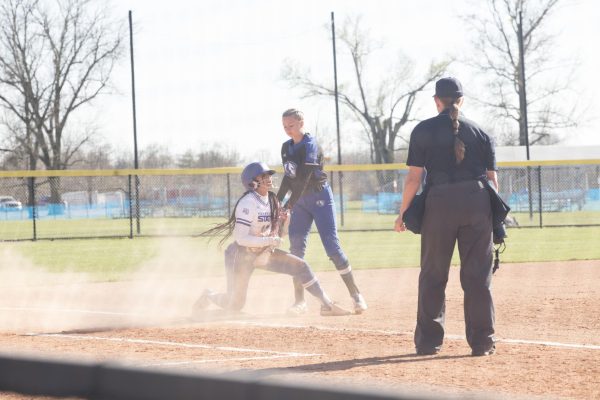Editorial: Students’ sloppy e-mails more than a respect issue
Whether through intimidation or outright shyness, students are always looking for a different means of communication through professors. In an age of ever-changing technology, students are presented with a multitude of different communication methods rather than talking to their professors face-to-face.
E-mail is one of the easiest ways to contact professors regarding class or assignments. With professors’ e-mail addresses regularly available in the directory of Eastern’s Web site, students are able to reach their professors whenever they want.
Convenient as it is, this method has left some Eastern teachers vexed. The process itself is not the problem, but the way messages are conveyed has some teachers feeling disrespected and insulted.
After 13 years of formal schooling, one might assume students would adopt a level of professionalism when addressing their professors. Unfortunately, this is apparently not the case.
In Thursday’s issue of The Daily Eastern News, two professors voiced their opinions on the type of language used in messages from their students.
Citing drug references, poor grammar or abbreviations reading like text messages, the professors noted a disturbing trend of students’ messages reading like they are chatting with friends. Of course, some students have better relationships with certain professors than others; some professors may seem more relatable or easier to talk to than others.
But at the same time, both parties treat each other with a level of respect, something apparently lacking in students’ e-mails.
Understandably, students want to have that friendly relationship with their professors where both parties are mutually treated as if they are colleagues. By achieving this relationship, some students may feel more comfortable coming to professors for assistance with homework assignments or their studies.
However, to achieve that level of respect, students must take the first step and treat their professors with a sense of respect.
Not only does sending unprofessional e-mails reflect badly on a student’s respect for professors, but it speaks volumes about the student’s future in a professional environment.
How will the student’s future boss react when he receives an e-mail reading like a text message from an address with drug references? This type of behavior wouldn’t be tolerated in the professional world and it shouldn’t be tolerated here.
If students want respect from professors, they should at least have the decency to behave like professionals – or at least professionals in training – when communicating with people who are devoting their lives to furthering others’.










































